TikTok congressional hearing: Not just about China-US tech war
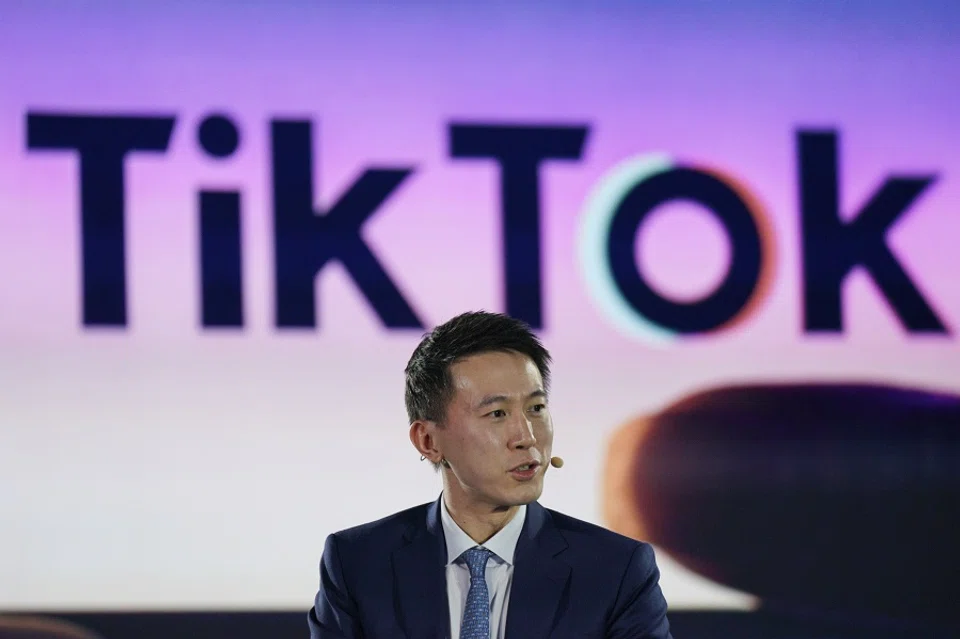
Recent news about TikTok CEO Chew Shou Zi's US congressional hearing on TikTok's data security issues has attracted global attention.
The incident is easily associated with the deteriorating relationship between the US and China amid growing tensions. However, aside from international political factors, the development more so reflects how technology-driven transnational forces are impacting national sovereignty.
Hence, it is not just Chinese-backed tech giants that could face such regulatory challenges in the US - tech-based multinational corporations in any country could face similar problems, and this is just the beginning of the battle.
While it is still uncertain how the TikTok incident will unfold, its development will surely not only affect China-US relations but also threaten the survival of other tech giants in the US.
Behind this phenomenon is a growing battle between sovereign states and multinational tech giants over the control of data.
Big techs targeted
It is easy to regard TikTok's grilling during the congressional hearing as the result of worsening China-US relations, but it is not the first time a tech giant was questioned this way.
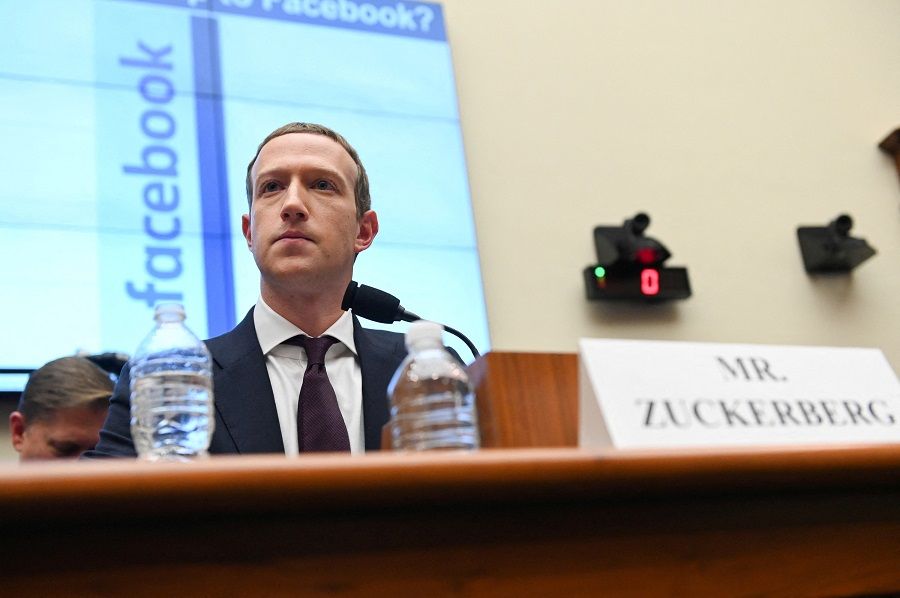
Early in 2018, Mark Zuckerberg, the CEO of the homegrown enterprise Facebook, was questioned for about ten hours by nearly 100 US legislators over data control issues. A year later, Facebook agreed to pay a US$5 billion penalty to settle the Federal Trade Commission's investigations into the tech giant's privacy lapses. Also, in 2020, the CEOs of Apple, Google, Amazon and Facebook appeared together at a congressional hearing for the first time, and were fiercely questioned on issues related to monopolies, unfair competition and technology security.
Indeed, TikTok is not the first tech enterprise to be questioned by the US Congress and will certainly not be the last. Furthermore, investigations into tech companies conducted by US authorities are not exclusively directed at foreign companies but local enterprises as well. Behind this phenomenon is a growing battle between sovereign states and multinational tech giants over the control of data.
Battle between technology and sovereignty
In a traditional society, the government of a sovereign state bears primary responsibility for the collection and protection of the data of its citizens. But with the rapid development of communications technology and the internet in the world today, tech companies and social media platforms not only control a growing amount of data but also have the potential to break through national boundaries on the internet, and extend their influence and control into other countries.
On the one hand, these multinational corporations are products of globalisation themselves - they will gradually lose their local characteristics as they grow and scale. On the other hand, their business operations in a particular country are still subject to the laws and regulations of that country. Governments are worried that these corporate behemoths could become too big to control due to the excessively rapid development of new technologies, and could eventually erode the authority of sovereign states.
But while governments can strengthen regulations or even ban certain platforms, they will face considerable difficulties and resistance.
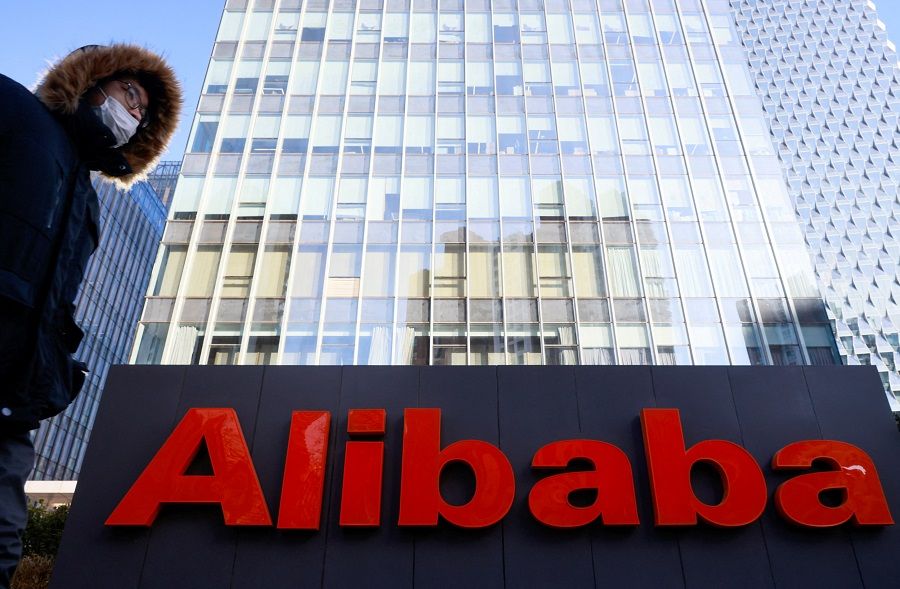
Apart from the US, the Chinese government also tightened its grip on local tech giants in recent years. For example, ride-hailing giant Didi was slapped with a massive fine for violating data security laws, while Alibaba, Tencent and other tech enterprises were punished for their monopolistic practices. The Chinese government has also recently established a new national data bureau to strengthen the country's data resource management. The governments of several other countries are also tightening their grip on networking platforms.
The tussle between sovereign states and transnational technological forces will continue. But while governments can strengthen regulations or even ban certain platforms, they will face considerable difficulties and resistance.
Significant obstacles to banning TikTok
While some lawmakers called at the hearing for TikTok to be banned in the US, there are obstacles to doing so. First, although the US government suspects that TikTok may be providing US user data to the Chinese government, there is currently no evidence to support this allegation. The US judicial system stresses the presumption of innocence, and the company itself does not need to provide evidence to prove its innocence; rather, the prosecution needs to provide clear evidence of TikTok's wrongdoing.
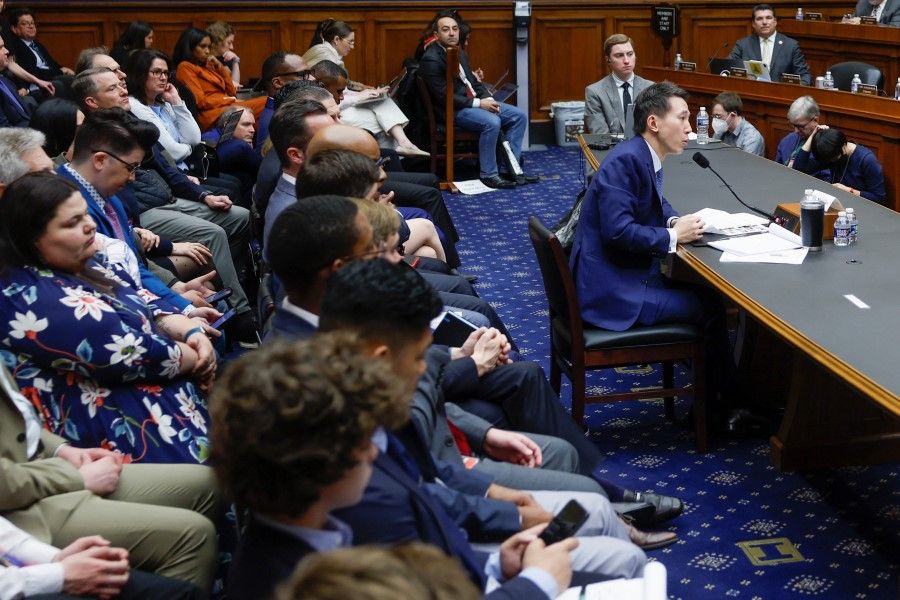
Second, there are currently up to 150 million TikTok users in the US, and many active users rely on the platform for their livelihoods, including through online sales, education and streaming. Banning the platform would mean cutting off their livelihoods, which would have a significant political impact that would undoubtedly affect votes for lawmakers in their electoral districts, and even next year's presidential election. Indeed, it will be no easy feat for politicians to overcome such significant political resistance to banning TikTok.
Besides, as TikTok is considered a social media platform, its ban might lead to questions of whether the restriction violates the First Amendment, which guarantees citizens' freedom of speech - TikTok supporters could call for the ban to be investigated as unconstitutional. Given that the US is a democratic system with a separation of powers among its executive, legislative and judicial branches, each corresponding proceeding may be protracted.
Besides TikTok, other popular apps in the US, such as e-commerce platforms Temu and Shein, are also connected to mainland China.
During Donald Trump's term as US president, he threatened to ban WeChat and TikTok on grounds of national security, and prohibited new downloads or updates of the two apps through US online app stores. However, the court suspended the ban after TikTok and WeChat users filed lawsuits against it. Joe Biden later revoked the ban after taking office - even if the current Biden administration changes its stance, restoring the ban would be met with many obstacles.
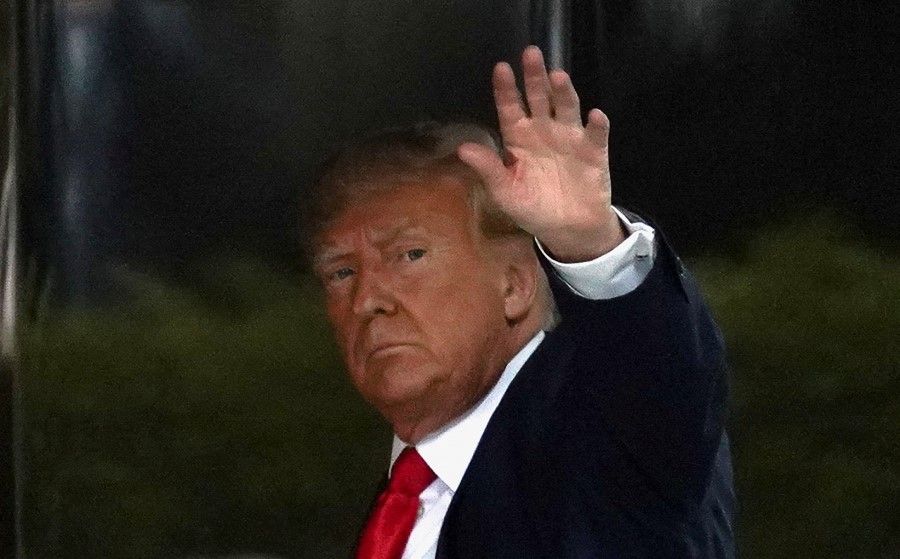
Besides TikTok, other popular apps in the US, such as e-commerce platforms Temu and Shein, are also connected to mainland China. If these platforms are banned due to political reasons, it will not only affect the consumer needs and daily lives of many Americans but also the reputation of the US as the benchmark of the global market economy. If TikTok is banned in the US, market share is likely to be divided among competitors such as YouTube, Instagram and Snapchat, which means that the ban could potentially affect the investment confidence of other multinational companies in the US.
The US's handling of the TikTok incident is worth observing, as it pertains to China-US relations, and because of its profound impact on the increasingly delicate relationship between governments and tech companies.
This article was first published in Lianhe Zaobao as "TikTok事件并不仅仅关乎美中关系".
